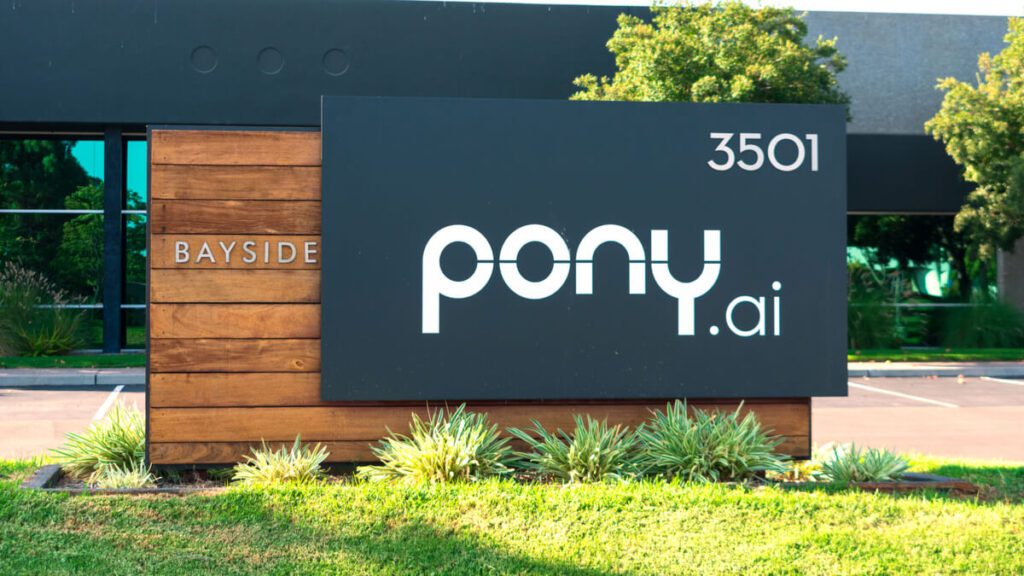
China has allegedly terminated independent driving startup Pony.ai’s efforts to go public on New York Stock Exchange (NYSE) amidst Beijing’s endeavors to enforce regulations on numerous sectors in China’s tech industry, Reuters reported on Wednesday.
The California-based company was expected to go public via a special-purpose acquisition with a blank-check company in the U.S. that would have estimated the Fremont company’s value at $12 billion.
However, these plans were hastily put on hold by the firm following the Chinese government’s failure to reassure the startup of its desires that it will not be a direct target of the state’s crackdown against China’s tech sector.
Instead, the autonomous driving startup is planning to rely on private fundings as it looks to reach similar valuation heights. Despite being a Chinese company with a remarkable presence in Beijing and Guangzhou, Pony.ai is based in Fremont California, thus, most of its private investors are located outside of mainland China.
For example, Toyota Motor Corp. has started implementing plans to raise money in exclusive fundraising rounds with an estimate of $12 billion, Reuters said noting an anonymous source familiar with the matter.
As for Pony.ai’s venture capital funding, the company raised $1.1 billion, in addition to $102 million in July 2018, $267 million on a $5.3 billion valuation in November 2020, and $100 million extensions to its last funding round in February 2021.

Reuters disclosed that although the Fremont firm has been delisted and averted from going public in U.S. listing, it still has hope of listing its IPO in NYSE, despite the unlikeliness of receiving the green light from Chinese authorities.
In June, the company employed vice chairman of investment banking at JPMorgan Chase & Co. Lawrence Steyn, to take over as Pony.ai’s chief financial officer to prepare for its public listing. The company declared in November that its valuation reached a hefty $5.3 billion after raising more than $1 billion in funding.
In the U.S., the country’s state regulators will not give Chinese firms its authorization to gain money in the United States before extensively elaborating their legal structure and reveal any risks of Beijing obstructing their businesses.
One of China’s biggest tech investors is Japanese firm Softbank Group Corp. which publicized its plans to delay any further investments in China until the Chinese government cuts down on its regulatory behavior on the country’s tech firms.
Through Softbank’s Vision Fund, the firm invests in e-commerce giant Alibaba Group Holding Ltd., ride-hailing app Didi, and Tiktok’s parent company ByteDance.
In respect to China’s immense crackdown on the industry, ByteDance Ltd. was also forced to drift its plans on going public in the U.S. as well. The Chinese caretaker company reported on July 9 its agenda on going public in Hong Kong after suspending plans for an initial public offering in the U.S. earlier this year.